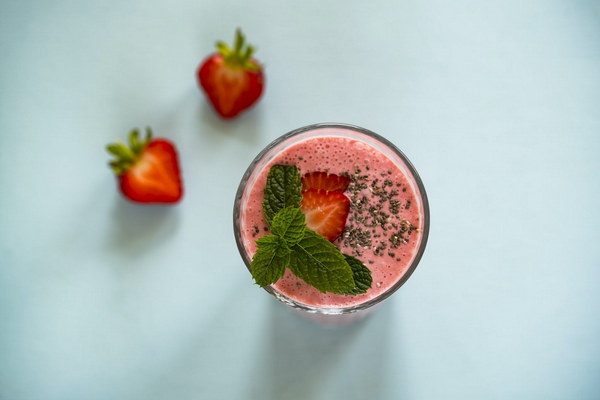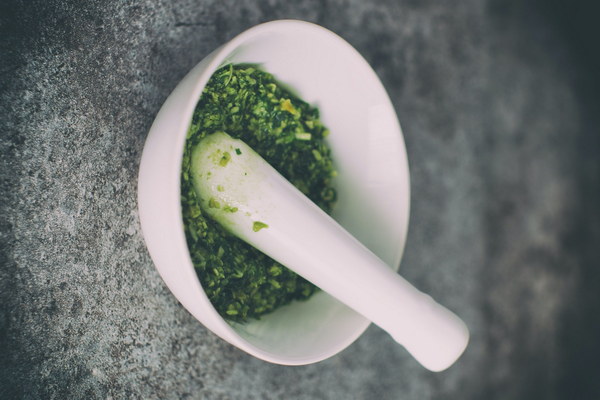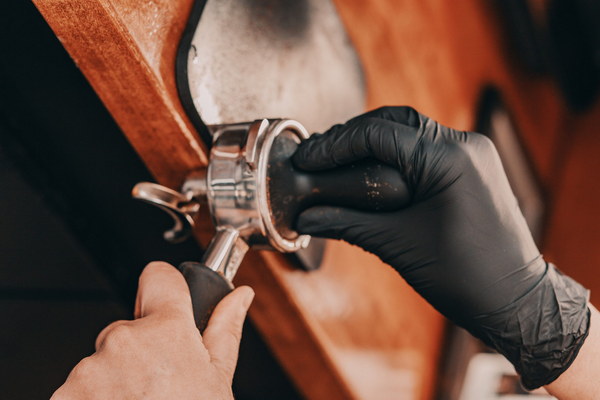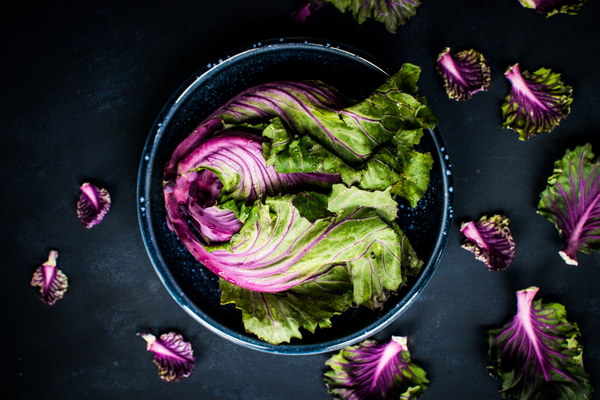Natural Relief for Dampness Exploring Traditional Chinese Herbs and Their Remedies
In the realm of traditional Chinese medicine, the concept of dampness, known as Shi in Chinese, is considered a common cause of various health issues. Dampness is believed to be a result of an imbalance in the body’s internal environment, leading to symptoms such as fatigue, weight gain, and digestion problems. To combat this, many individuals turn to herbal remedies that have been used for centuries. Here, we delve into some of the most popular Chinese herbs and their formulations that are known to help expel dampness from the body.
1. Fu Ling (Poria cocos)
Also known as tuckahoe or hoelen, Fu Ling is a mushroom-like herb that is highly regarded for its ability to drain dampness and fortify the spleen. It is commonly used in combination with other herbs to treat chronic dampness-related conditions such as edema, abdominal distension, and poor appetite.
2. Bai Zi Ren (Biota seed)
Bai Zi Ren, or Chinese toon seed, is another herb that is well-known for its dampness-drying properties. It is often used to treat dampness accompanied by coldness, such as cold limbs, abdominal pain, and diarrhea. This herb can be found in various formulas designed to expel cold and dampness.
3. Fu Zi (Aconitum carmichaelii)
Fu Zi, or Chinese aconite, is a potent herb that is used in small doses to expel cold and dampness from the body. It is particularly effective for treating severe dampness with symptoms like joint pain, cold limbs, and edema. However, due to its toxicity, it should only be used under the supervision of a qualified practitioner.
4. Cang Zhu (Atractylodes macrocephala)
Cang Zhu, or bighead atractylodes, is a staple in many dampness-extracting formulas. It is used to treat dampness-related issues like abdominal bloating, loose stools, and fatigue. This herb is known for its ability to fortify the spleen and improve digestion, making it a key component in dampness-relieving remedies.

5. Ling Zhi (Ganoderma lucidum)
Ling Zhi, or reishi mushroom, is not only prized for its health benefits but also for its dampness-drying properties. It is often included in formulas to boost the immune system and improve overall energy levels while addressing dampness. Ling Zhi is believed to balance the body's Yin and Yang, which can help alleviate dampness-related symptoms.
6. Ren Shen (Panax ginseng)
Ren Shen, or Chinese ginseng, is a well-known herb for its energy-boosting properties. It is also used in dampness-relieving formulas to support the spleen and improve digestion. Ren Shen can be particularly beneficial for those experiencing chronic fatigue and weakness due to dampness.
7. Huang Bai (Phellodendron amurense)
Huang Bai, or amur corktree bark, is a powerful herb that is often used to expel dampness and heat. It is commonly found in formulas for damp-heat conditions, such as acne, eczema, and urinary tract infections. Huang Bai is known for its cooling properties and can help balance the body's internal temperature.
How to Use These Herbs
These herbs are typically used in the form of decoctions, capsules, or powders. It is important to consult with a trained herbalist or a licensed practitioner before starting any herbal treatment, as dosages and combinations can vary based on individual health conditions and the severity of dampness.
In conclusion, traditional Chinese herbs offer a natural and holistic approach to treating dampness. By understanding the properties of these herbs and how they work together, individuals can seek relief from the discomforts associated with dampness and promote overall wellness.









